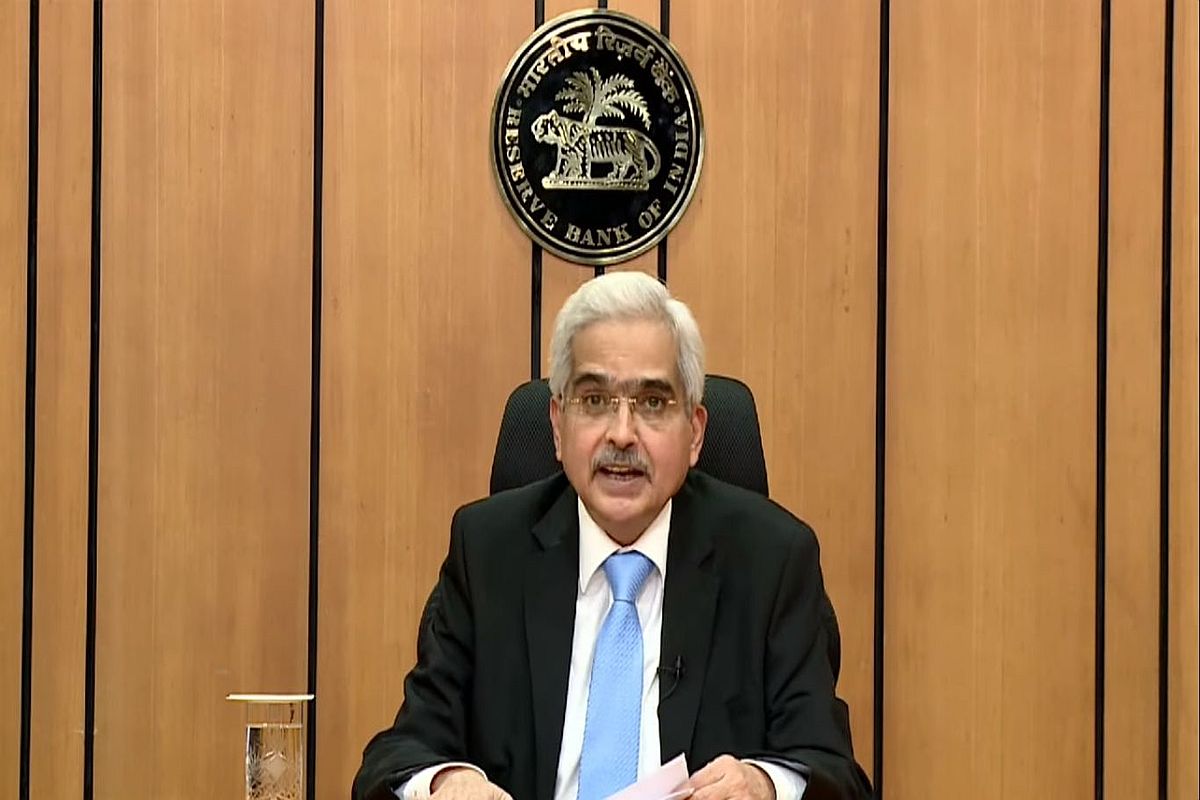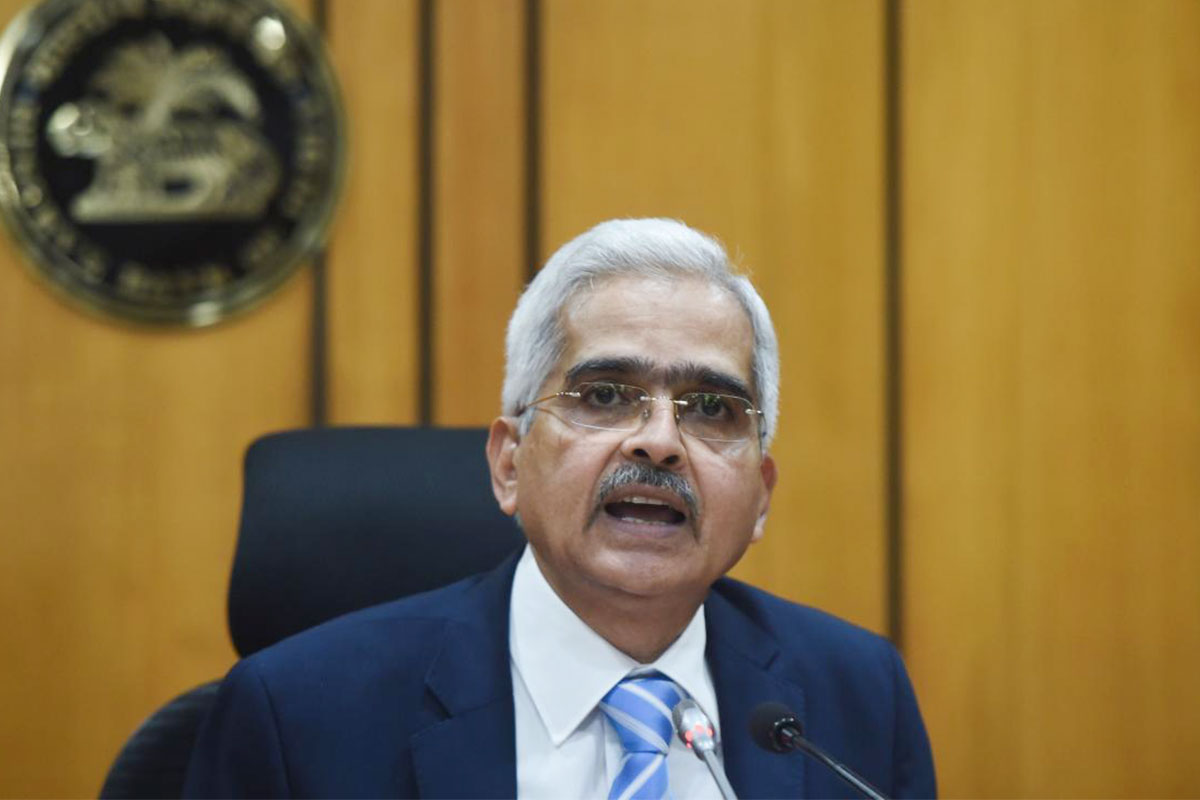Manmohan Singh’s far reaching reforms that made India a fastest growing economy
India has lost a towering figure in the Indian economic landscape, former Prime Minister of India, Dr Manmohan Singh.

India has lost a towering figure in the Indian economic landscape, former Prime Minister of India, Dr Manmohan Singh.

The global economy remained resilient in the first half of 2024, with declining inflation supporting household spending, it said in its October Bulletin.

Reserve Bank of India (RBI) Governor Shaktikanta Das at the Monetary Policy Committee (MPC) meeting on Friday announced the policy rate unchanged at 6.5 per cent.

“The path-breaking structural reforms, such as the enactment of the Insolvency and Bankruptcy Code (IBC) and the adoption of Flexible Inflation Targeting in the recent years, have helped us to deal with the challenges in the banking system and the task of maintaining price stability more effectively,” he said.

In the throes of economic dynamism, India finds itself at the intersection of contrasting forces, with its annual retail inflation surging to a four-month high in December.
Srinivas B.V., the Youth Congress chief, and other workers who went outside the RBI to hold a protest were stopped and detained at the Mandir Marg police station.
Applicants like the UAE Exchange and Financial Services, the Repatriates Cooperative Finance and Development Bank, Chaitanya India Fin Credit, and Pankaj Vaish, and others applied to set up universal banks.
Surging reserves can be a double-edged sword as there is a cost to holding them. High reserves will obviously lead to appreciation of the currency and rise in inflation, because capital inflows that result in high reserves are used to buy domestic currency, thereby expanding the domestic monetary base without a corresponding increase in production, and this causes a rise in inflation.
Microfinance was once applauded as the world's most powerful tool for eliminating poverty. The initial microfinance boom brought many benefits. But it is now widely reported that the effects of microfinance loans on poverty, health and other social outcomes have been ‘small and inconsistent'.
RBI had slashed the repo rate by a total of 115 basis points (bps) since March 2020, to soften the blow from the pandemic.